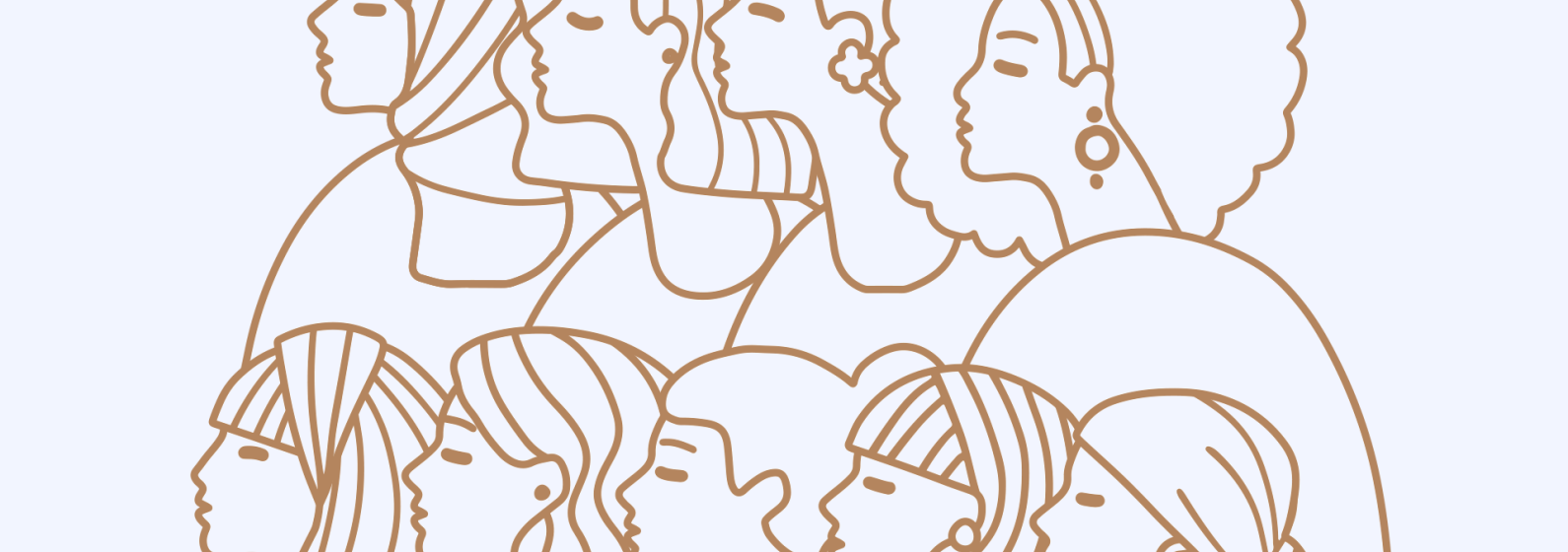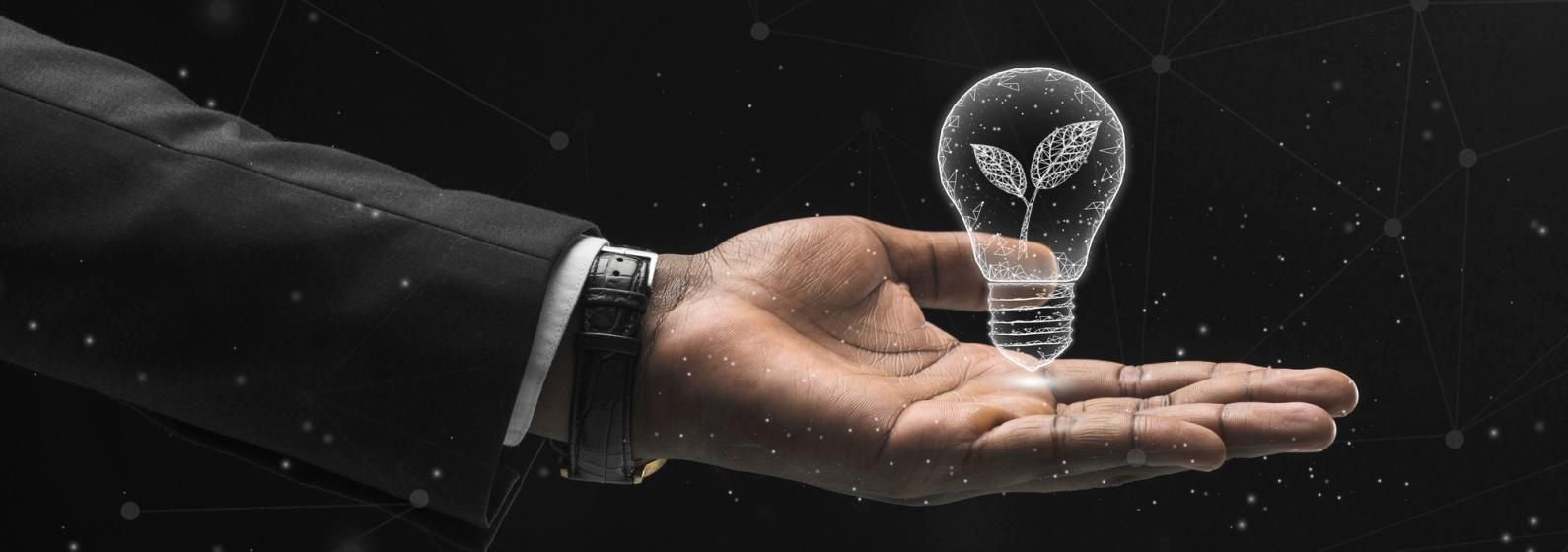When it comes to the new normal, I believe that its main indicators are the phenomena involved in the virtualisation of unexpected areas of our life. We’ve seen the emergence of new areas. Areas of the so-called experience economy. New technologies enable people to enjoy an increasing range of virtual experiences – from shopping through travelling ending with higher education. Millennials, especially video gamers, have been taking advantage of virtual technologies for a long time, but during the pandemic, their expectations of the quality of this virtual experience have grown. We’re talking about e.g. virtual “trips” to faraway places, virtual retail, and virtual events.
The market is a keen follower of all these sentiments, which can be clearly seen in Mark Zuckerberg’s– Facebook’s CEO’s – announcements suggesting his intentions to replace smartphones with VR technologies in the near future to offer a more immersive, multi-sensory experience. Apple has been also making considerable investments in scalable VR. This is accompanied by the flourishing of one of the disciplines of artificial intelligence – natural language processing. We can see a rapid development of human-like virtual assistants (e.g. Samsung Neo, Soul Machines) – based on multi-layer neural networks. The more people get used to digital assistants and chatbots, the more their expectations grow. Some will even start looking for virtual personalities they may have fun and make friends with, learn from, etc.
Many people are clear about the need to use at least some part of their online time as productively and actively as possible. In the context of higher education, we can see a growing interest in platforms connecting learners with teachers, experts, and mentors in their pursuit of new skills. It’s also clear that MOOC (massive open [and often asynchronous] online courses) models will be at least partially substituted or supplemented with remote individual tutoring and mentoring sessions – also with the use of automation and AI, and with hybrid forms of education, based on measuring one’s individual performance using advanced analytics. This will probably coincide with at least a partial return to open-source solutions and knowledge sharing models, project collaboration, etc.
The text is part of the publication "The New Normal. Reality in the times of the global Covid-19 pandemic. A commentary by the faculty of Kozminski University".







